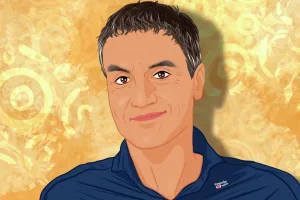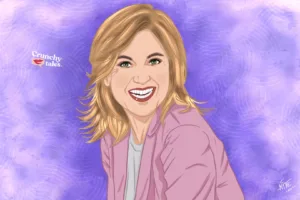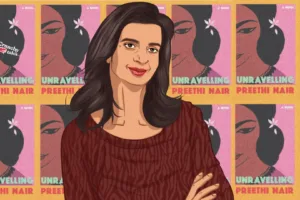Moving On As a Widow. A Conversation With Author Diane Papalia Zappa
How does love endure the test of time and the challenges of separation? The death of a spouse is never easy. It can be a painful and sometimes debilitating experience, especially later in life. Author Diane Papalia Zappa, who lost her husband at age 71, found comfort and ways to keep close to him by journaling and then collecting her memories in a newly published book “The Married Widow ” (Boldy Story Press).
Through her journey, Diane provides many insights into how the difficult process of grieving works long-term. “If people tell you that you should be over it – she said- don’t listen. There is no one right way to grieve“.
Diane, why do you call yourself a “married widow”?
After I finished my book manuscript, which was produced from my journal, I decided that “The Married Widow” was an appropriate and somewhat mysterious title for my book and for me. One day in June 2019, I discovered the engagement ring and wedding rings I’d been wearing on my left hand had vanished, not to be found until December 2019. I believe Bob managed to remove them. When I got my rings back, I immediately put them back on, where they are to this day. I think in doing this I was telling Bob I would marry him again.
What helps you move through your grief?
I lost my husband, the love of my life, in 2018. He died of Hereditary Amyloidosis. While it was the hardest thing I have experienced, I’ve learned that I have within me an inner strength to cope with the unimaginable. I’ve also learned that writing about my feelings helps me process them.
There is no one “right way” to grieve. I have reached out to other widows and widow groups, such as the Modern Widows Club. There are a number of them on Facebook and other social media. People in these groups “get” the magnitude of the loss. And don’t be surprised if people you thought would be there to support you vanish. In my conversations with other widows, I discovered that this is commonplace.
Is there anything in particular that has helped you cope with this dramatic loss?
Overall, the things that helped me were writing letters to him, looking at pictures of happy times, reading books about the afterlife, talking with friends about Bob, talking to him.
Self-care is also a critical aspect of surviving, coping, and eventually thriving in widowhood. At first, all I could do was get out of bed, bathe, dress for the day and make coffee. But I made sure every day I put on clean clothes and made the bed. It seemed like even small rituals were important to deal with my loss.
What was the most difficult challenge for you?
One aspect of self-care I found particularly difficult was planning, preparing and eating healthy meals. Mealtime with Bob was another ritual I sorely missed. We often cooked together and enjoyed dinner together every night, right until the last night of his life. So coping with dinner time was a challenge. I eventually found I did best-having dinner with my daughter or friends a few nights each week; it eased the loneliness of eating alone. And it was fun to reminisce with them about happier times.
Any other useful experience you would like to share with our readers facing the same situation?
Keeping a gratitude journal helps make one appreciate the good aspects of life, even after a loss. For some, going for grief counselling or finding support in meeting with widow groups can be extremely helpful. Other widowed friends have enjoyed travelling with friends, adult children and even alone. A friend of mine, who lost her husband almost three years ago, has found great comfort and enjoyment in her volunteer work in an animal shelter.
And finally, what made you decide to write a book?
I didn’t consciously decide to write “The Married Widow“. When my husband died, I was devastated. I immediately began to write and just kept writing. I wanted to keep my memories alive before they inevitably faded and I wanted to share our story with my daughter and a few friends. I continue to write to Bob on my blog, which helps me continue to feel in close touch with him.
Like this post? Support Us or Sign up to our newsletter to get more articles like this delivered straight to your inbox!






